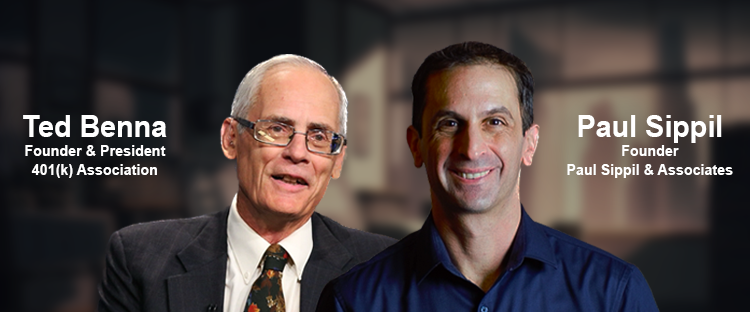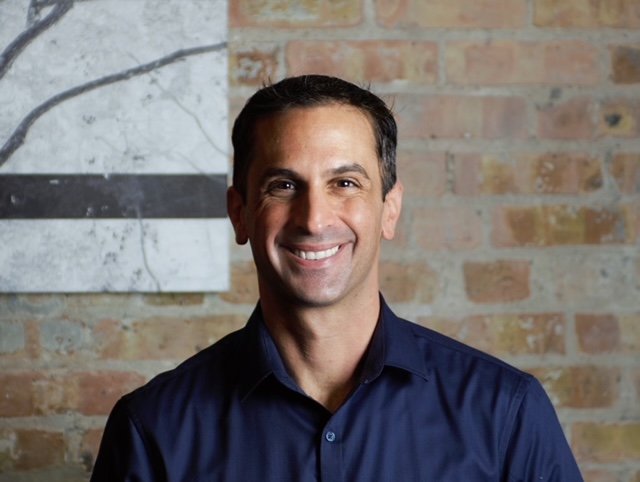
Transform Your Retirement Plan
UNCOVER HIDDEN FEES, GAIN TRANSPARENCY, & DESIGN A BETTER RETIREMENT PLAN FOR YOUR EMPLOYEES
Welcome to a New Era in Retirement Planning
At Paul Sippil & Associates, we believe every business deserves a retirement plan that works for its people. We’re here to help you eliminate unnecessary fees, understand your plan design and investment options, and confidently select services that maximize your company’s benefits. Our innovative approach puts you in control—empowering both plan sponsors and participants to make smarter decisions every day.
OUR PROMISE: Clear, Positive Guidance and Tangible Results
Whether you’re looking to optimize your investment mix, streamline your plan administration, or gain insights into effective fee management, our expert advice helps you:
Select the Best Investment Options: Tailored recommendations to ensure your company’s retirement has sufficiently diverse options.
Optimize Contributions: Learn how employees can set an appropriate contribution rate and allocation strategy to meet their unique goals.
Enhance Transparency: Demystify the fee structure, eliminate unnecessary costs, and demand accountability from service providers.
Improve Service Provider Selection Process: Select the best record keeper and administrator in terms of costs, services, and technology.
Expert Insights You Can Trust
We’re not just advisors—we’re leaders in transforming the retirement plan industry. Drawing on the expertise of pioneers like Ted Benna and thought leaders in the industry, we ensure you benefit from proven strategies and unbiased advice that puts your future first.
“The advisors are getting paid each time they go through the process with an employer to help pick funds as if they're doing an original piece of work. There are more than half a million 401(k) plans, so that's happened over half a million times. The fund menus aren't that much different. But advisors are getting paid as if they're doing an original piece of work. That's just bizarre, extremely inefficient and much too expensive.
They need to get away from asset-driven compensation and be paid a fee for service, the same as accountants or attorneys, who don't get paid a percentage of corporate [client] assets. Their role should shift to helping people focus on how to succeed at retiring successfully, not on investment return. Building a smarter investment mix is pretty much of a commodity now. The focus should be on goals: "I want to retire successful. Help me do that." [So] instead of teaching clients small-cap, large-cap, value vs. growth and that stuff, help participants find ways to save more to do a better job of financial management and focus on the stream of income they'll [need] for their retirement.”
Ted Benna, the inventor of the 401k
"Retirement planning should enable you to effectively plan your future, not bog you down in confusion and excessive fees. "
— Paul Sippil, Forensic 401(k) Consultant
Ready to Take Charge of Your Retirement Plan?
Join the movement toward smarter retirement planning with our proactive, fee-saving approach.
EXPLORE OUR RESOURCES:
Dive into expert articles, case studies, and helpful videos that simplify complex topics.
GET A FREE CONSULTATION:
Discover exactly how much you could save by challenging the status quo.
START TODAY:
Reach out to us and begin your journey toward a more secure, successful retirement plan.

Take the Next Step
Empower your company and secure a brighter financial future. It all starts with a single click.











